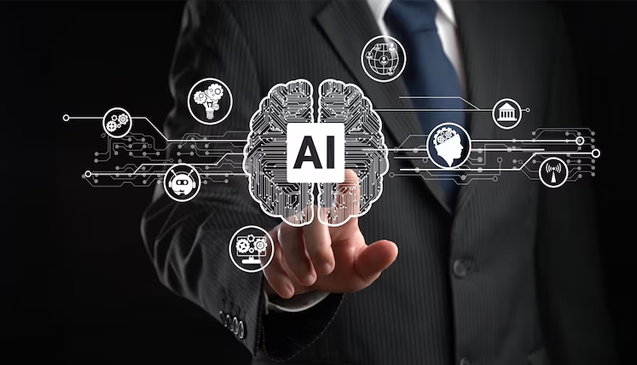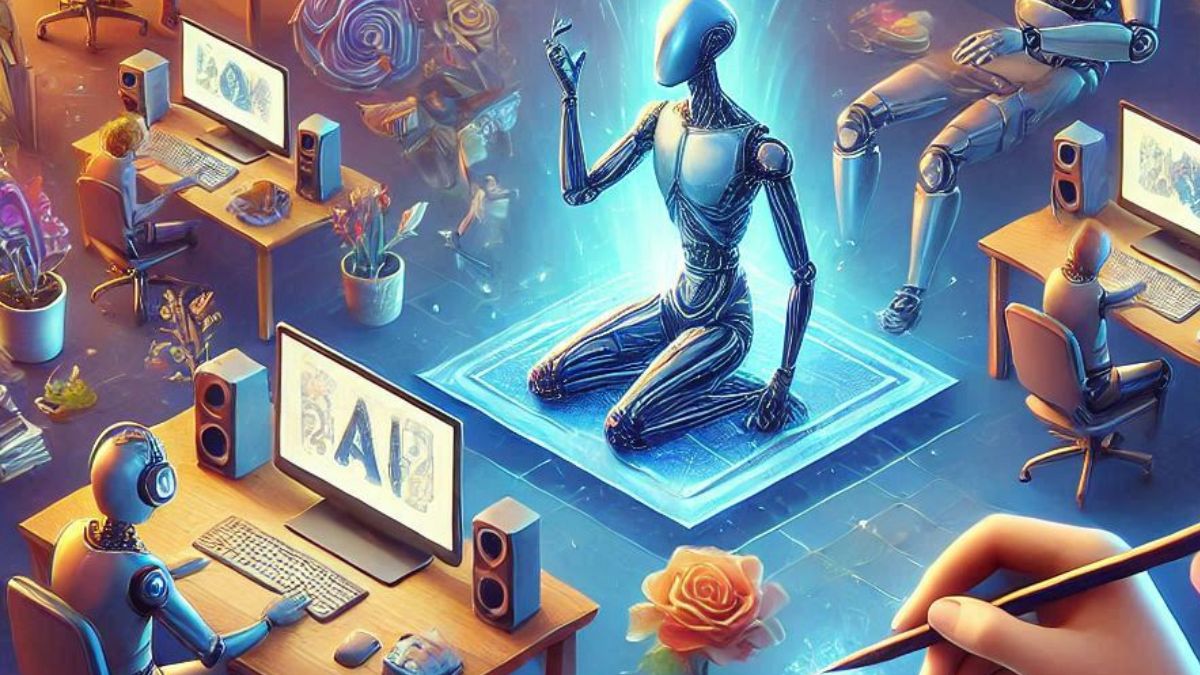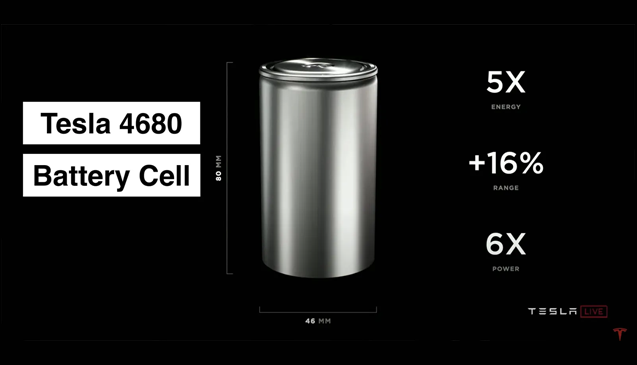The rapid evolution of Generative Pre-trained Transformers (GPT) has revolutionized artificial intelligence (AI) and natural language processing (NLP). Since the inception of the first GPT model, developed by OpenAI in 2018, each subsequent version has demonstrated increasing sophistication and broader applicability. GPT-4, with its impressive ability to generate human-like text, has become a cornerstone in numerous sectors ranging from customer service and content creation to coding assistance and research. However, as we look ahead, the future of GPT holds even more transformative potential. This analysis explores key opportunities, challenges, and ethical considerations surrounding the future development and use of GPT models.
Advancements in GPT Technology
The underlying architecture of GPT models—transformer-based neural networks—has proven to be a robust framework for tasks that require understanding and generating human language. Moving forward, several technological advancements are anticipated that will continue to enhance GPT models:
Scalability and Performance: Future iterations of GPT are likely to be exponentially more powerful. While GPT-4 already uses billions of parameters, models like GPT-5 or beyond may operate on trillions, enabling them to capture even more nuances of human communication and offer more accurate outputs. Improved training methods and hardware acceleration (such as quantum computing) may further enhance performance, allowing GPT to process more complex queries in real-time.
Multimodal Capabilities: GPT-4 introduced some multimodal features (understanding text and images together), but future models are expected to seamlessly integrate multiple forms of data—text, images, audio, and even video. This would allow for more sophisticated applications, such as real-time virtual assistants capable of interpreting not only written commands but also visual and auditory inputs, creating more interactive and dynamic experiences.
Specialized Models: While current GPT models are generalized for a wide range of tasks, future iterations could see the development of specialized GPT models fine-tuned for specific industries. For example, healthcare, legal, and scientific models could be trained on domain-specific datasets to improve accuracy and reliability in professional applications, reducing the margin for error in critical fields.
Few-shot and Zero-shot Learning: GPT-3 and GPT-4 already exhibit strong few-shot and zero-shot learning capabilities, where the model can perform tasks it was not explicitly trained on. Future models will likely enhance this capability, allowing even more robust learning from minimal examples. This could dramatically reduce the amount of data and time needed to train models for specific use cases.
Applications of Future GPT Models
The future applications of GPT will extend far beyond what is currently imagined, transforming industries and society in the following ways:
Healthcare and Medical Research: GPT models, especially when combined with advancements in data collection and AI-driven diagnostics, will revolutionize healthcare. They could assist in diagnosing complex medical conditions, suggesting treatment plans based on vast medical literature, and even help in drug discovery by analyzing chemical and biological data.
Education and Personalized Learning: In the education sector, GPT could serve as an invaluable tool for creating personalized learning experiences. It can tutor students by adapting its teaching style based on individual needs, creating tailored educational content, quizzes, and even helping with complex subjects like coding and mathematics. Future models may be able to track a student’s progress and adapt in real-time, fostering a more effective learning environment.
Creative Industries: GPT is already widely used in content creation, and future models will further streamline the production of novels, music, and even movies. By analyzing trends in art and culture, GPT could help generate creative ideas and aid artists in producing new works. Additionally, GPT could be used to create hyper-personalized content for marketing, catering to individual consumer preferences with greater precision.
Business and Productivity: GPT is expected to transform business operations. In customer service, for example, more advanced versions will lead to fully autonomous, contextually aware virtual agents capable of managing complex customer interactions. Furthermore, GPT can assist in strategic decision-making by analyzing massive datasets and providing actionable insights, making it a valuable tool for data-driven businesses.
Challenges Facing the Future of GPT
Despite its transformative potential, GPT faces several significant challenges that must be addressed to ensure its long-term success and societal benefit.
Data Privacy and Security: The expansive data requirements for training GPT models raise concerns about privacy and security. As GPT systems continue to evolve and handle more personal information, safeguarding this data from misuse or breaches becomes paramount. Stricter regulations and privacy protocols will need to be established to protect user data and ensure that AI systems do not inadvertently compromise privacy.
Bias and Fairness: Like many AI models, GPT is prone to inheriting biases present in its training data. Future models will need to address the issue of bias more effectively to ensure fairer and more equitable outcomes. This might involve new methodologies for training, ensuring that GPT models can identify and mitigate biases across different domains, particularly in sensitive areas such as hiring, law, and healthcare.
Ethical and Societal Concerns: The increasing capabilities of GPT models raise ethical concerns, particularly around misinformation, manipulation, and the displacement of jobs. GPT-generated content can be indistinguishable from human-created content, making it easier to spread misinformation at scale. As GPT becomes more integrated into various industries, ethical frameworks must be established to guide its development and deployment in a way that prioritizes societal well-being.
Environmental Impact: Training GPT models requires immense computational power, which has significant energy consumption implications. As models grow larger, their environmental footprint increases. This presents a challenge in balancing the technological benefits with sustainability efforts. Future development should focus on optimizing energy efficiency, exploring alternative computing architectures, and minimizing the environmental costs associated with large-scale AI systems.
The Ethical Future of GPT: Policy and Regulation
The development of GPT technology also necessitates a robust framework for policy and regulation. The ethical implications of AI, particularly those involving large language models like GPT, are far-reaching. Policymakers must consider the following:
AI Governance: With the increasing role GPT will play in various aspects of society, governments and regulatory bodies must establish guidelines for responsible AI use. This includes setting limits on the kinds of applications GPT can be used for, especially in areas where its misuse could cause harm, such as political manipulation or generating deepfakes.
Transparency and Explainability: Users and developers alike must be able to understand how GPT models make decisions. Ensuring that future models provide transparency and explainability will be crucial for building trust and accountability. Efforts should be made to develop models that can explain their reasoning processes, allowing humans to review and correct AI outputs when necessary.
Human-AI Collaboration: Rather than viewing GPT as a replacement for human roles, it is important to foster a collaborative relationship between humans and AI. Policies should focus on ensuring that GPT enhances human capabilities rather than displacing jobs without providing adequate alternatives.
Conclusion
The future of GPT holds remarkable promise, offering opportunities to reshape industries, revolutionize education, and improve healthcare, among many other applications. However, it also comes with significant challenges related to ethics, security, and environmental impact. Moving forward, stakeholders—including developers, governments, and society—must work together to ensure that the evolution of GPT is harnessed responsibly.
By fostering innovation while safeguarding ethical standards, the future of GPT can be one where AI augments human creativity, productivity, and well-being, paving the way for a more intelligent and equitable world.




